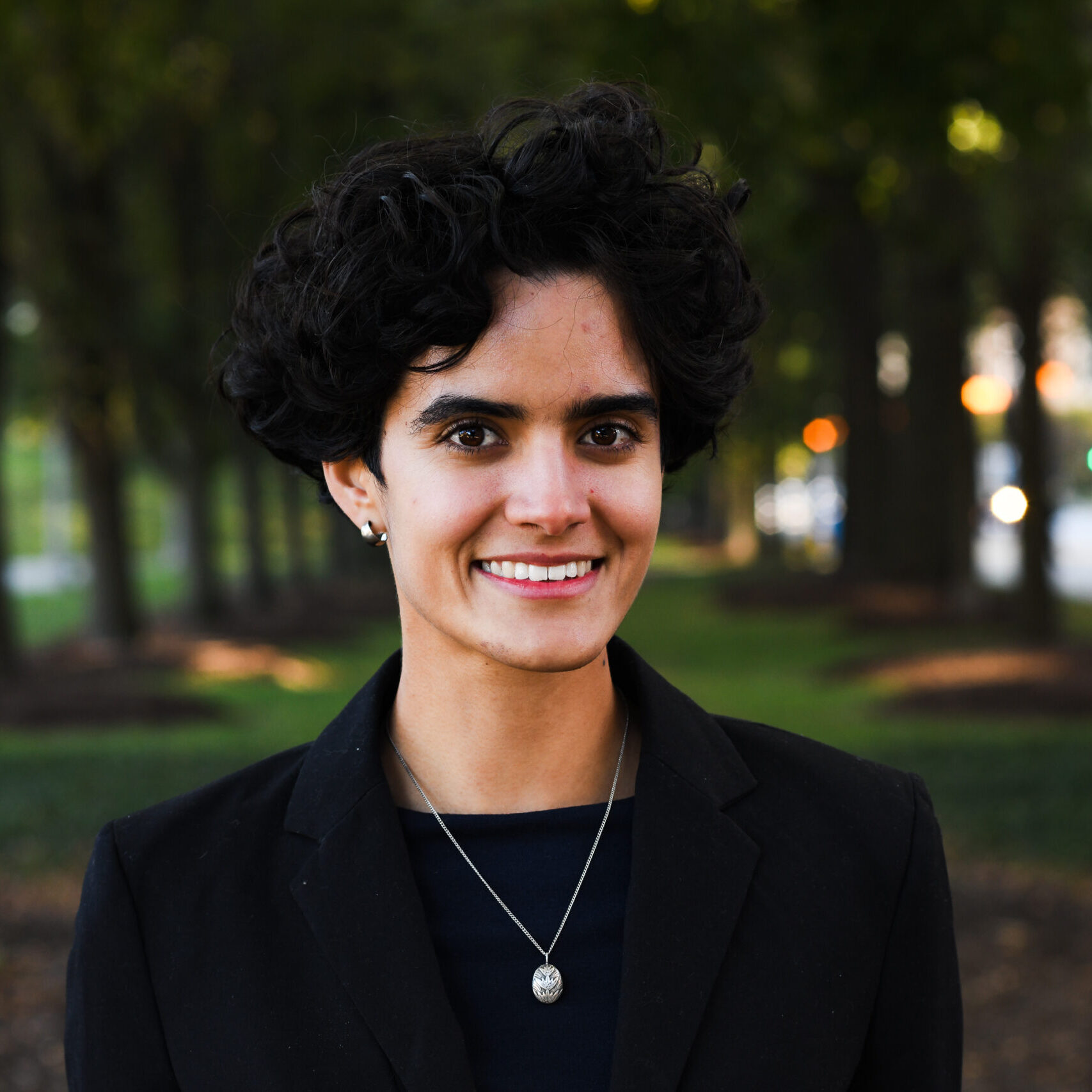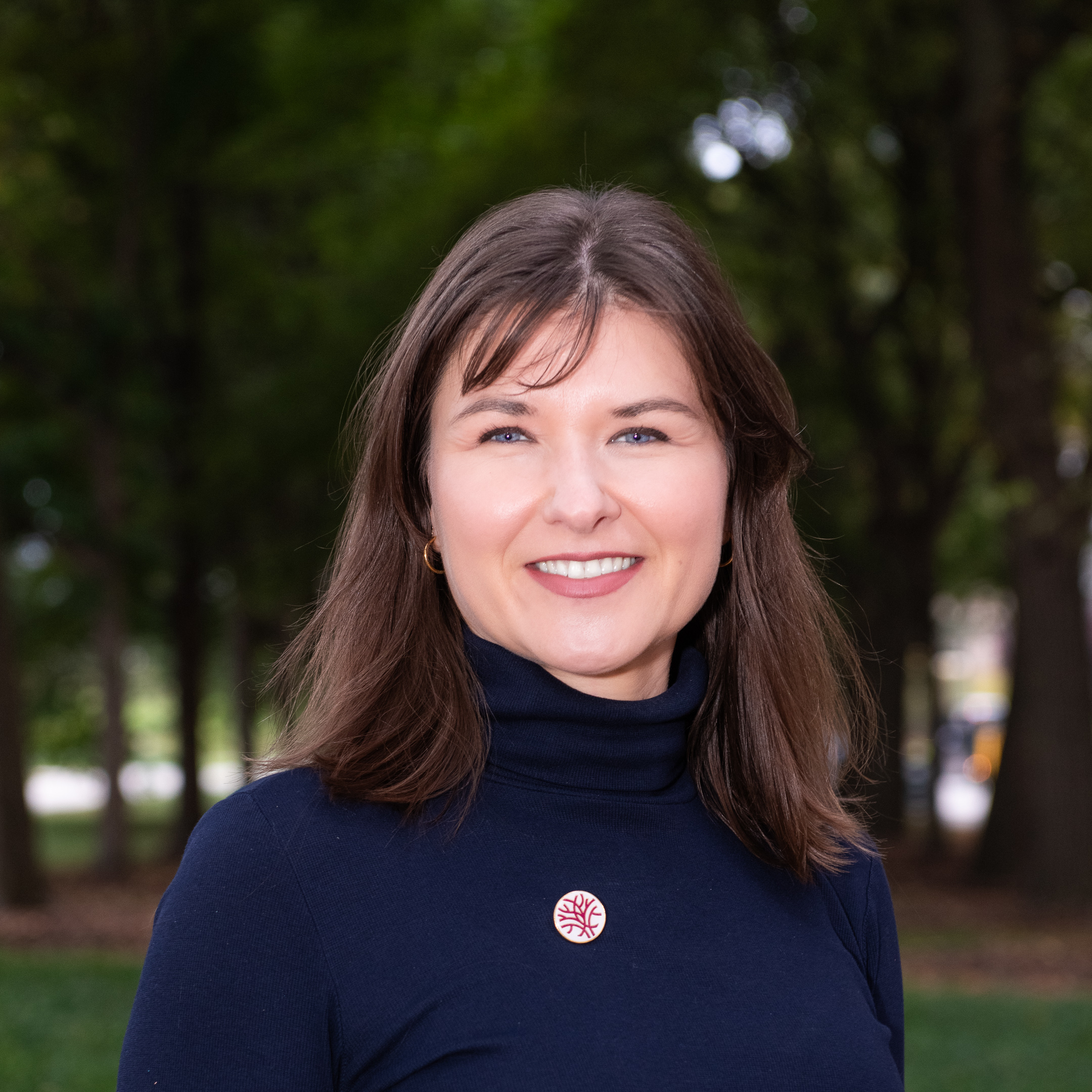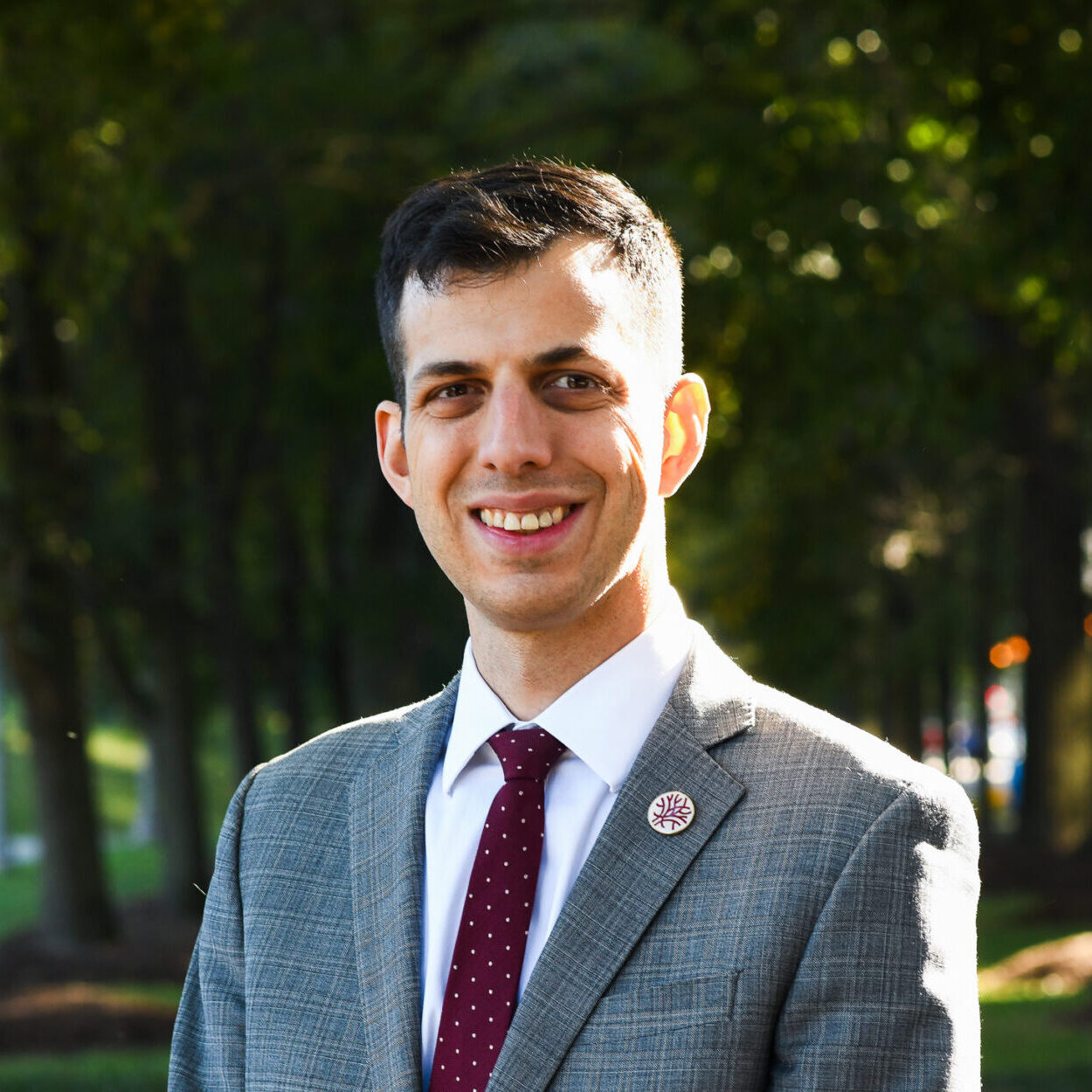Home / About Us / What We Do / Advocating for Policy Solutions / Planning for a Climate-Resilient Future
Share
Home / About Us / What We Do / Advocating for Policy Solutions / Planning for a Climate-Resilient Future
Share
Natural areas are increasingly degraded from climate change, yet research shows that nature-based solutions, including land-based climate mitigation activities, can contribute up to 37% of the climate mitigation needed by 2030 to meet the Paris Agreement objective of limiting global warming. It is essential that we act now to protect and expand our natural areas with climate resiliency as a goal. With the additional White House commitment of conserving 30 percent of US land by 2030 in mind, Openlands is advocating local, state, and federal partners on policies that prioritize a more climate-resilient future for all.
Connecting a Web of Healthy Landscapes
Restoration is the process of returning the land to a healthy state for nature, wildlife, and people. The retreat of glaciers 12,000 years ago and the evolution of tallgrass prairies that followed left Illinois with deep, rich soils. As more colonists moved west, wetlands were drained, much of the prairie was plowed, and farmland now covers over 80% of our state in place of natural ecosystems. Over the decades, Openlands has developed strong expertise in cutting-edge ecological restoration in order to restore the diversity and beauty of native prairie, woodland, and wetland ecosystems on all scales. From working with property owners in Lake County to practice conservation-friendly landscaping to our work in large landscape restoration at Hackmatack National Wildlife Refuge, Openlands understands the importance of healthy, connected land and water.
Policy Priorities
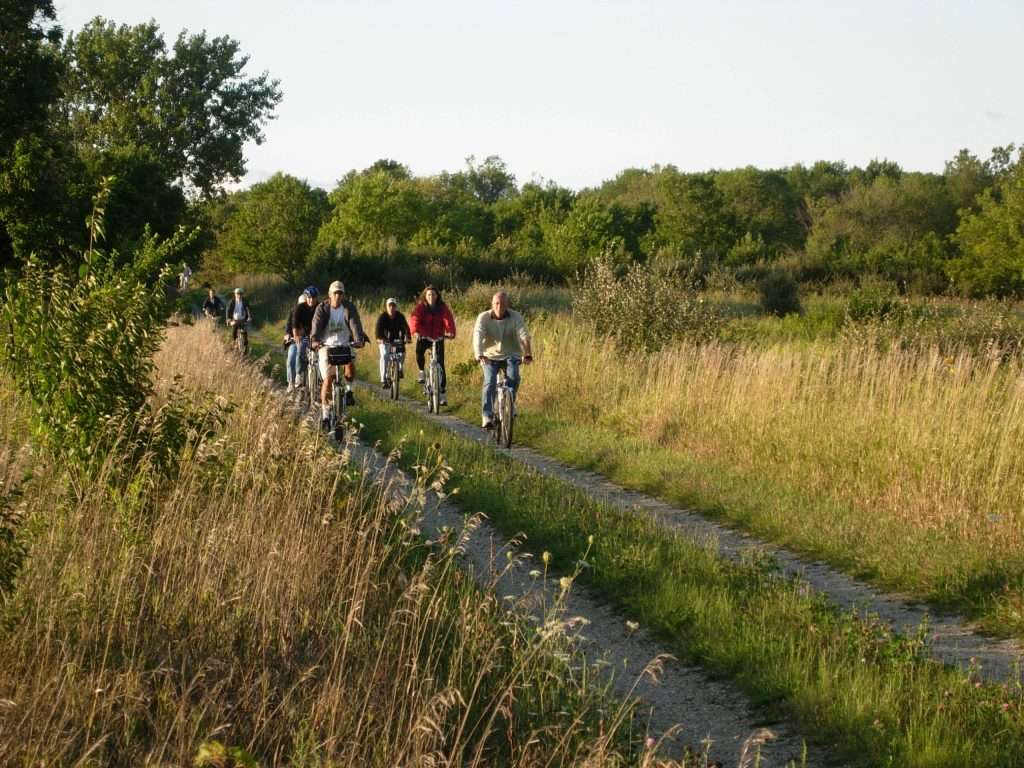
Regional
Openlands educates lawmakers and officials about the economic, climate, and health benefits of native plants and a healthy, thriving urban forest to help shape regional policy. In addition, we advocate for sustainable development and alternative transportation solutions, such as Moving Will County, and oppose unnecessary proposals, like an airport at Peotone, that would remove farmland and exacerbate urban sprawl.
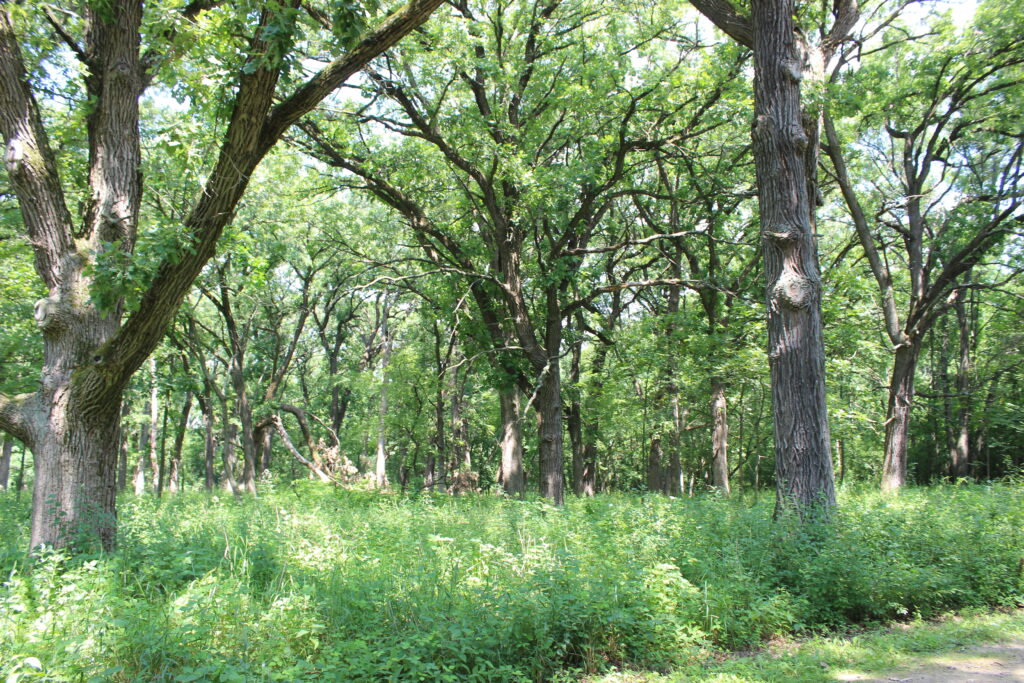
Openlands continues our close work with partners to identify new conservation funding mechanisms. These revenue streams help support the management and care of our parks and natural resources, as well as create new protected lands across the state, including a greenway along the Illinois Route 53 corridor. We work towards collaboration on workforce development programs at the state and local level creating new pathways in the green sector of communities historically marginalized.

Federal
Openlands works to highlight the critical role conservation plays in climate resiliency with the Illinois Congressional delegation. We promote smart, sustainable development and nature-based solutions to climate change through advocacy work surrounding the Farm Bill, clean energy siting, and the transfer of the Joliet Training Area to the U.S. Forest Service at Midewin National Tallgrass Prairie.
Make Your Voice Heard
Openlands Action Alerts highlight urgent issues at local, regional, and federal levels, empowering you to make a difference. From advocating for clean air and water to protecting open spaces, your participation drives positive change.
